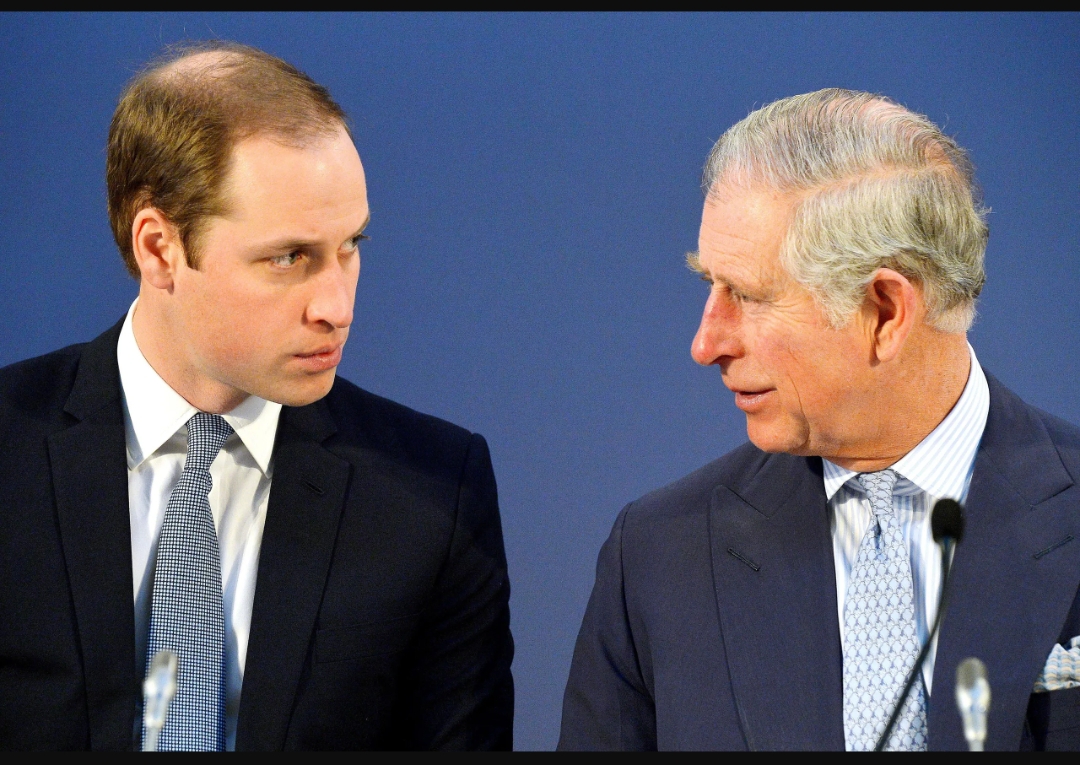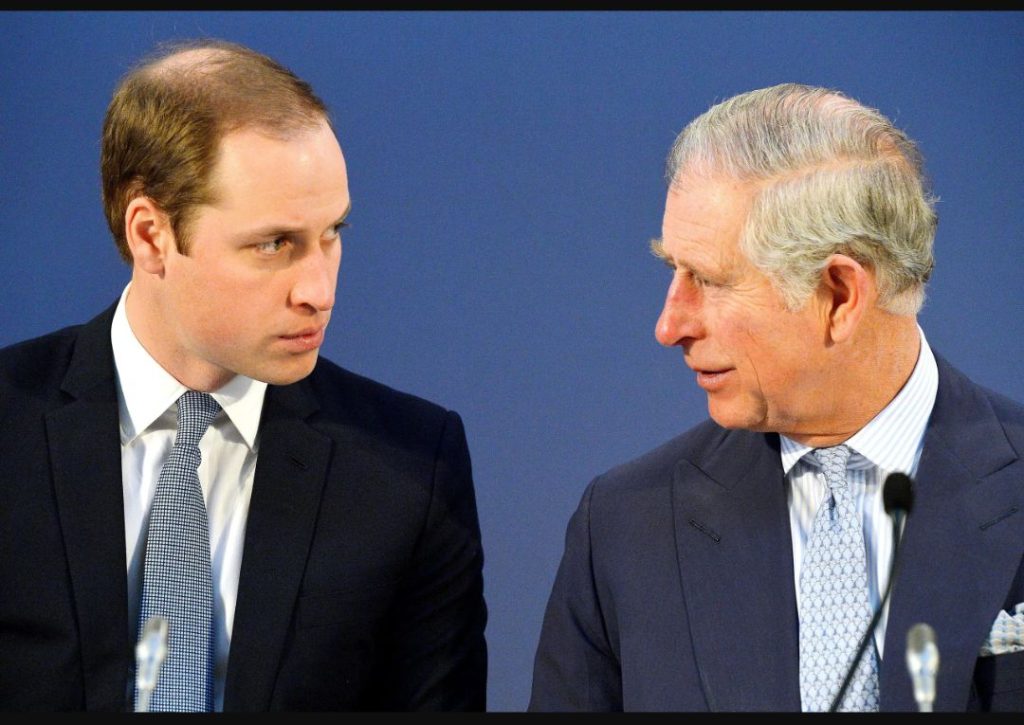End Of A Monarch? King Charles Advised To Abdicate The Throne For Prince William, You Won’t Believe Why

In the aftermath of Queen Margrethe’s recent decision to abdicate the throne in Denmark, a ripple effect has stirred debates across European monarchies. The focal point of this discussion extends to the United Kingdom, with an increasing call for King Charles to consider stepping down in favor of his son, Prince William.

As reported by Daily Express, Queen Margrethe’s abdication, after an illustrious 51-year reign, has been met with widespread support, as she cited age and recent surgery as reasons for relinquishing her role. This move has triggered contemplation on the part of monarchs in neighboring nations about the timing and nature of their own transitions.
Simon Jenkins, a notable voice in the Guardian, seized the moment to advocate for a similar move by King Charles. Drawing parallels with Denmark’s example, he labeled the British monarchy as archaic.
Express.co.uk conducted a poll to gauge public sentiment on the matter, revealing a near-even split among readers. Forty-seven percent voted in favor of King Charles abdicating in favor of Prince William, while 51 percent opposed the idea. A mere two percent remained undecided.
Comments from readers showcased a spectrum of opinions. Some staunchly defended King Charles, emphasizing his extensive training and lifelong commitment to his role. Zeehan, a commenter, pointed out that Charles had been preparing for the position since his teenage years, underscoring his dedication.
Conversely, others advocated for a younger monarch. Lellypoos expressed a clear preference for Prince William, stating, “It’s a YES from me! He should have passed it to William in the first place.”
Interestingly, a faction emerged calling for the abolition of the monarchy altogether. User 25sammy25 commented, “The sooner Charlie abdicates, the better, then abolish royalty. Think of the money the country would save.”
The debate also touched on the personal aspect of Prince William’s life, with some suggesting that he might benefit from spending more time with his young family before assuming the demanding responsibilities of being king.
While King Charles has undergone decades of training and fulfilled various public roles, a sentiment exists among some readers that a younger monarch like Prince William could bring a fresh perspective. Supporters of a transition to Prince William argue that he represents a more modern and relatable face for the monarchy, with his focus on family values potentially resonating strongly with the public.
On the flip side, defenders of King Charles stress the importance of experience and continuity. They argue that after years of preparation, King Charles possesses the necessary skills and knowledge to fulfill his role effectively. Moreover, they express concerns about potential disruptions and uncertainties associated with a change in leadership.
As the debate unfolds, the central question persists: Should King Charles abdicate for Prince William? The public remains divided, and the discourse goes beyond the individuals involved, delving into the broader role and relevance of monarchy in the modern era




